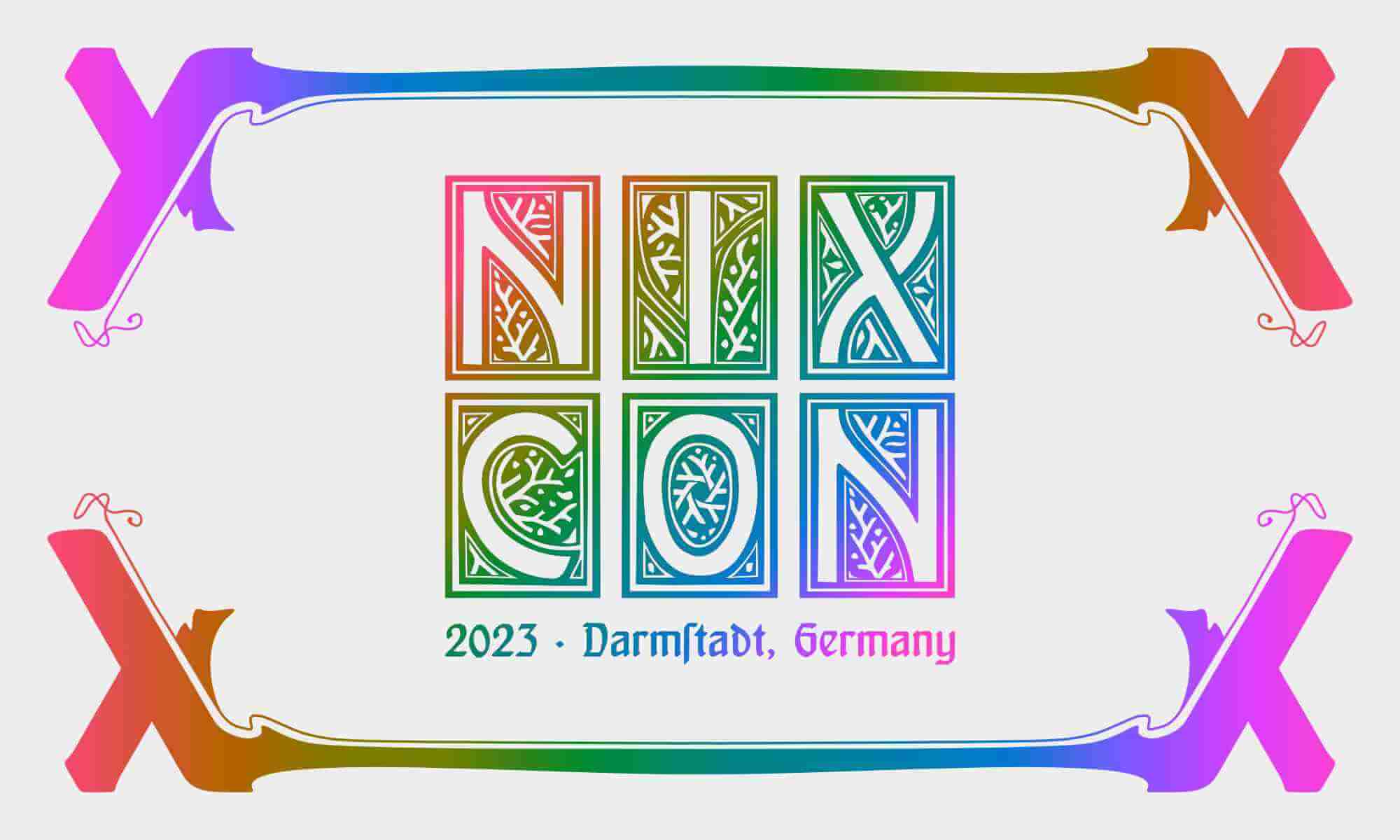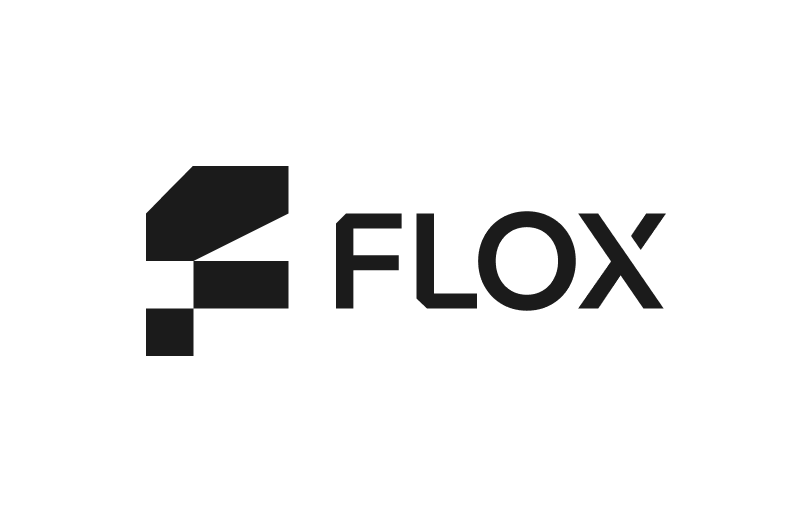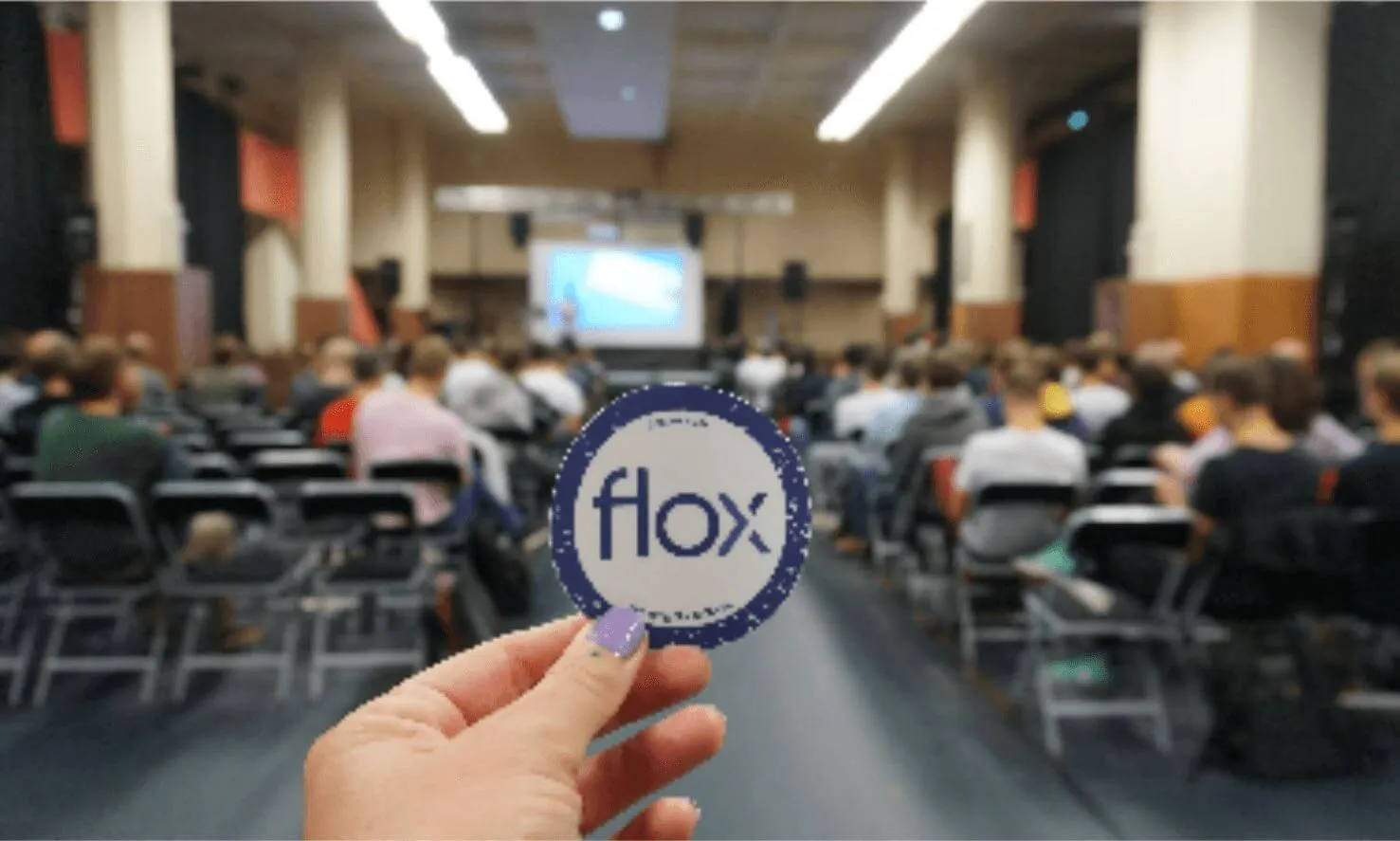Introducing Flox Build and Publish
With Flox Build and Publish, your local dev environment is the same as your CI environment, which are the same as your build and runtime environments. You use the same environment across the entirety of the SDLC.
Guides and news from the Flox and Nix world

With Flox Build and Publish, your local dev environment is the same as your CI environment, which are the same as your build and runtime environments. You use the same environment across the entirety of the SDLC.

When a list as influential as the InfraRed 100 includes a company like Flox, we take it as validation of our founding belief: that reproducible runtimes and deterministic builds form the bedrock of scalable, reliable infrastructure—locally, in the cloud, wherever … and whenever.

ComfyUI is a node-based system for creating Stable Diffusion pipelines, and it offers endless possibility. Installing it with Flox is a breeze.

CI/CD is just a wrapper. To align and scale software delivery across the SDLC, teams need environments that are reproducible, auditable, and portable by default.

Flox, the company bringing reproducible dev environments to teams and enterprises everywhere, is thrilled to announce its sponsorship of the Rock Bottom Curling Club.

Every new abstraction we add—containers, microservices, serverless—solves one problem but creates others. This is the story of how I discovered Nix and learned to love a deterministic approach to building software.

You can create a Flox environment with built-in, transparent auth via a third-party secrets manager, giving you CLI workflows that work the same way everywhere—locally, in CI, and in prod.

People often say they don't use Nix because it solves the same problems as containers. This is a half truth. Nix specializes in packaging software, containers excel at deploying it. They're best used together.

Kelsey Hightower will be one of two dozen speakers beaming onto Planet Nix, the annual gathering of Nix users and developers that’s co-located with SCALE in Pasadena, Calif., from March 5th-7th.

Our Flox Ollama runtime environment now includes a popular React-based web front-end, so it looks and behaves like ChatGPT. You can pull and run DeepSeek R1—then prompt it from your browser.

In the real world, Flox environments and containers neatly complement one another. The real magic lies in using Flox inside containers to fetch and manage runtime dependencies at build time.

It is usually fairly easy to Floxify an existing project, including a public GitHub repo. And it’s just as easy to add helpful automations that bootstrap an environment or improve the user experience.

What does it look like to Floxify a software project? How much work is involved? How can you build locally using Flox and test in CI, or run in prod, using containers, VMs, or lambdas?

With Flox, you can easily replicate your preferred apps, tools, settings, and workflows across all your devices—including that brand new M4 MacBook Pro you’re getting for the holidays!

Do your teams need a reproducible, collaborative way to manage AWS secrets and authenticate with AWS services across disparate systems and environments? Fear not! Flox has got them covered.

How to use Flox to install all the runtime dependencies you need to build and test your Lambda functions locally, and also containerize them for deployment to AWS Lambda.

Flox lets you manage both your code and your project environment’s runtime dependencies in the same repository, so your environment’s configuration becomes part of your codebase.

Teams are held back by the unpredictability of things they should be able to control. With shared Flox environments, working on a team becomes a completely different experience.

Onboarding onto something new is radically different when you use Flox to create and manage your dev environments.

Flox is designed for users of all kinds. It unlocks the potential of Nix without requiring in-depth knowledge of it, and gives Nix experts a great way to enable their teams.

Flox’s superpower is reproducibility, so the Go dev environments you create on your Linux laptop will just work ... everywhere

Flox makes it trivially easy to create and share portable, reproducible Node.js development environments using simple declarative methods.

By testing your environments as part of your CI workflows, you can guarantee they work the same way—everywhere.

With FloxHub, it’s easy to share and manage Flox environments, making them available to your teammates. Even better, FloxHub provides a one-stop shop for changing your environments.

Flox makes it trivially easy to create and share portable, reproducible Python development environments using simple declarative methods.

See how Flox makes it easy it is to set up a real-world Rust project, complete with external tools and dependencies, using a simple manifest that works everywhere you do.

Flox makes it simple to create portable, cross-platform dev environments, but sometimes you also need to work around system- and architecture-specific package constraints. This article shows you how.

It’s even easier to build beefy services like PostgreSQL into your dev environments now that Flox does the setup, teardown, and runtime management lifting for you.

Flox Package Groups give you an easy way to manage dependency conflicts, enabling you to create powerful fit-for-purpose dev environments you can take with you—anywhere.

Learn how you can use Flox's [hook] and [profile] sections to build, customize, and share rich, reproducible development environments.

Using Flox simplifies Ruby development by making it much easier to manage system-level dependencies, providing a consistent and reproducible Ruby dev environment across all platforms and architectures.

Using Flakes in Flox give you more flexibility, allowing you to access or create unique package versions and custom configurations not available in Flox Catalog.

With the Flox default environment, you can take your $HOME with you wherever you go...and keep your tooling consistent across systems and distros.

Using Flox, it is easy to create reproducible environments for ML training and inference using Hugging Face Diffusers. Our FLAIM environment gets you there in a single command.

Flox environments aren't isolated; they layer upon one another, allowing you to combine them in endless ways while keeping your toolsets discrete.

The Flox Catalog now contains over 3 years of history for each of its 100k packages, totaling over a million building blocks you can assemble however you like. Find everything you're looking for.

The third part of this series shows how you can clone environments, layer them, and share them.

The second part of this series explores the ways you can use Flox environments to adjust the way software is configured and run.

Flox makes it easy to create ephemeral environments and try new tools without making a mess all over your desk.

Flox CLI 1.0 and FloxHub is here! It's a good opportunity to reflect on our own experiences and the reasons we feel Flox is a part of the next generation of software development practices.

Nixcon 2023 in Darmstadt is a wrap! The team from flox was there, giving talks and having amazing conversations. In this post, find videos from our NixCon 2023 talks.

If Rust seeks to solve the problem of memory management at the program level, Nix seeks to solve dependency management at the build level, for any language. The solutions go hand in hand.

We're big fans of Nixpkgs (obviously) and encourage others to contribute packaging and review. Nixpkgs is surprisingly easy to contribute to, but has its particular details. This is a guide to contributing your first PR to Nixpkgs.

Anybody can view it, fork it, patch it, and use Nix to inspect the largest set of free software recipes in the world. The Nixpkgs package collection is core to the success of Nix.

Harness the power of Nix. Today we’re thrilled to release the flox CLI beta to the public as an open source project and announce a Series A funding round led by NEA.

Github changed the format of their archives and this caused some systems and services that depend on the hash of the archives of a source tree to break.

Tired: year of the Linux desktop. Wired: year of Nix everywhere.

At NixCon 2022, Flox Lead Engineer Tom Bereknyei talked about the mission behind Flox, focusing on the problems we can solve ... and how we intend to go about solving them.

Last week, the Nix community got together in person for the first time in 3 years, in Paris, for three days of presentations, discussion, and good times.

flox is a first-of-its-kind environment manager. Seamlessly create new polyglot developer environments. Make everything reproducible from package management to builds.

I absolutely love it when hard problems are solved by challenging convention, peeling back layer after layer until pinpointing the core assumption that led us down the wrong path in the first place.